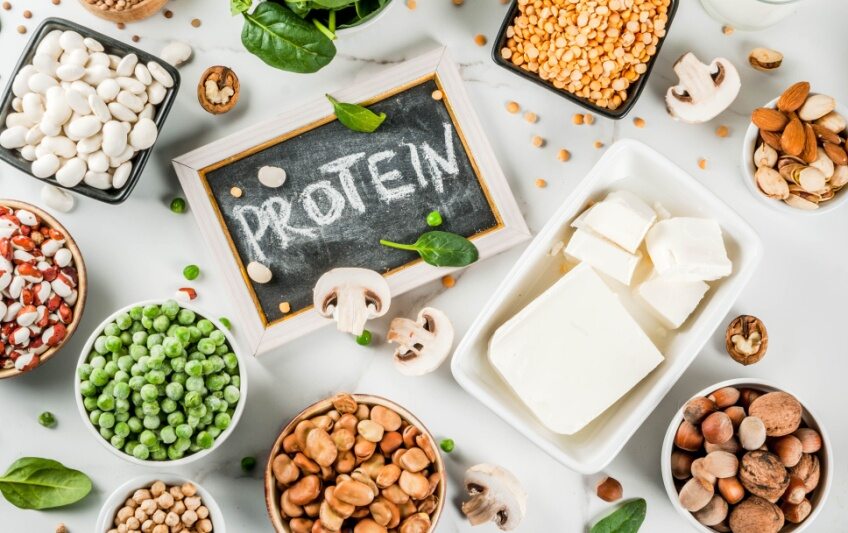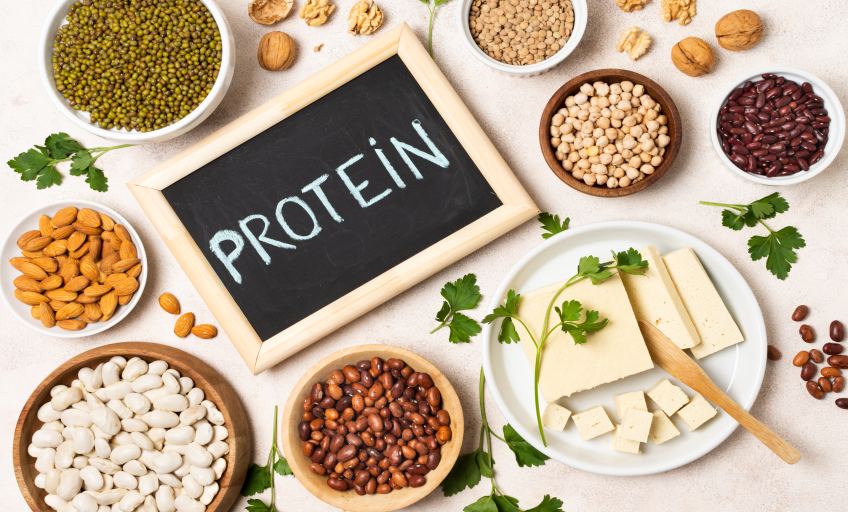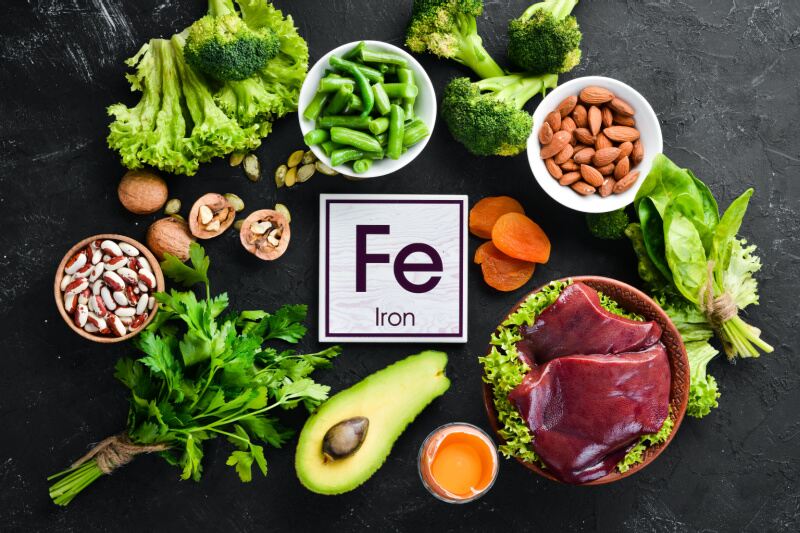
Protein is the most fundamental building block of muscles, skin, enzymes, and hormones. It plays an essential role in building body tissues. Protein deficiency is when you are unable to meet your body’s requirements. It can cause several health conditions.
What is protein deficiency?
The problem of not getting enough protein is a significant health issue worldwide, impacting around one billion people in different regions, especially in Central Africa and South Asia. This issue stems from poor eating habits in developing countries. Protein is necessary for creating and maintaining tissues and forming bones, muscles, cartilage, skin, and blood. A lack of protein can result in muscle loss and body composition alterations over time. The most extreme form of protein deficiency is kwashiorkor – malnutrition characterized by extreme swelling in the belly, loss of muscle mass, and stunted growth, found particularly in children.
Signs of protein deficiency
Here are some common signs of protein deficiency that you can experience:
Swelling
Swelling and puffiness of the skin, known as edema, are key indicators of kwashiorkor. This is because of reduced albumin levels, the main protein in blood plasma. Albumin is essential in maintaining oncotic pressure that attracts fluids into the bloodstream, thus preventing it from collecting excessively in body tissues. When there’s a significant deficiency of protein, albumin levels drop, and this causes fluids to gather in tissues, causing edema.
Skin, hair, and nails problem

Protein deficiency can also affect your skin, hair, and nails. The symptoms of kwashiorkor are:
- Flaky or splitting skin
- Hair loss (alopecia)
- Brittle nails
Mood changes
Your brain uses chemicals called neurotransmitters to relay information between cells. Many of these neurotransmitters are made of amino acids, which are the building blocks of protein. So a lack of protein in your diet means your body can’t make enough of those, changing how your brain works. With low levels of dopamine and serotonin, for example, you may feel depressed or overly aggressive.
Fatty liver
Fatty liver is another common symptom of kwashiorkor. If left untreated, it can lead to fatty liver disease, severe inflammation, liver scarring, and liver failure.
Weakness and fatigue
Not consuming enough protein can affect your body posture and movement. It can also affect your strength, making it harder to maintain balance and slow your metabolism. It can cause anemia, where your cells don’t get enough oxygen because your body lacks healthy RBCs for transporting oxygen. This causes fatigue.
Loss of muscle mass
Skeletal muscles act as the main protein reserve in the body. When dietary protein is scarce, the body uses protein from these muscles to maintain essential functions. This can lead to muscle atrophy over time. A little protein deficit can trigger muscle degradation, especially in older people.
How much protein do you need?
While the required protein intake may vary from person to person, the recommended daily protein intake is 0.8 for each kilogram of body weight. If you weigh 75 kilograms, you must consume 66 grams of protein daily.
By consuming nutritious foods rich in protein, you can stabilize your protein levels, enabling seamless body functions. However, if signs of protein deficiency do not go away, you must consult a medical professional.
Key Takeaways
- Protein is essential for the creation and maintenance of tissues as well as the formation of bones and muscles.
- Symptoms of protein deficiency can include issues with the skin, hair, and nails, as well as fatty liver and changes in mood.
- The recommended daily protein intake is 0.8 grams for every kilogram of body weight.
Stay tuned to the Activ Living Community. Keep updated with the latest health tips and trends through expert videos, podcasts, articles, and much more in nutrition, fitness, mindfulness, and lifestyle conditions like Asthma, Blood Pressure, Cholesterol, and Diabetes. Activ Living ke saath sahi sehat ki shuruaat ABHIkaro.
You may also be interested in the following blogs:
- Cancer Awareness Day: A Comprehensive Guide To 7 Preventative Strategies
- A Comprehensive Guide To The 4 Types Of Cancer Screening Tests
Popular Searches
How to lower blood pressure | Fruits good for liver | Unhealthy foods | Ragi Benefits | Basal Metabolic Rate | Acupressure points for High Blood Pressure | Ayurvedic medicine for blood pressure | How to control cholesterol at home | Homeopathy for Asthma | Biological Age | Home remedies for TB | Natural beta blockers | Negative effects of internet | Types of walking | Blood pressure calculator | Blood sugar calculator | BMI Calculator





 1800-270-7000
1800-270-7000





